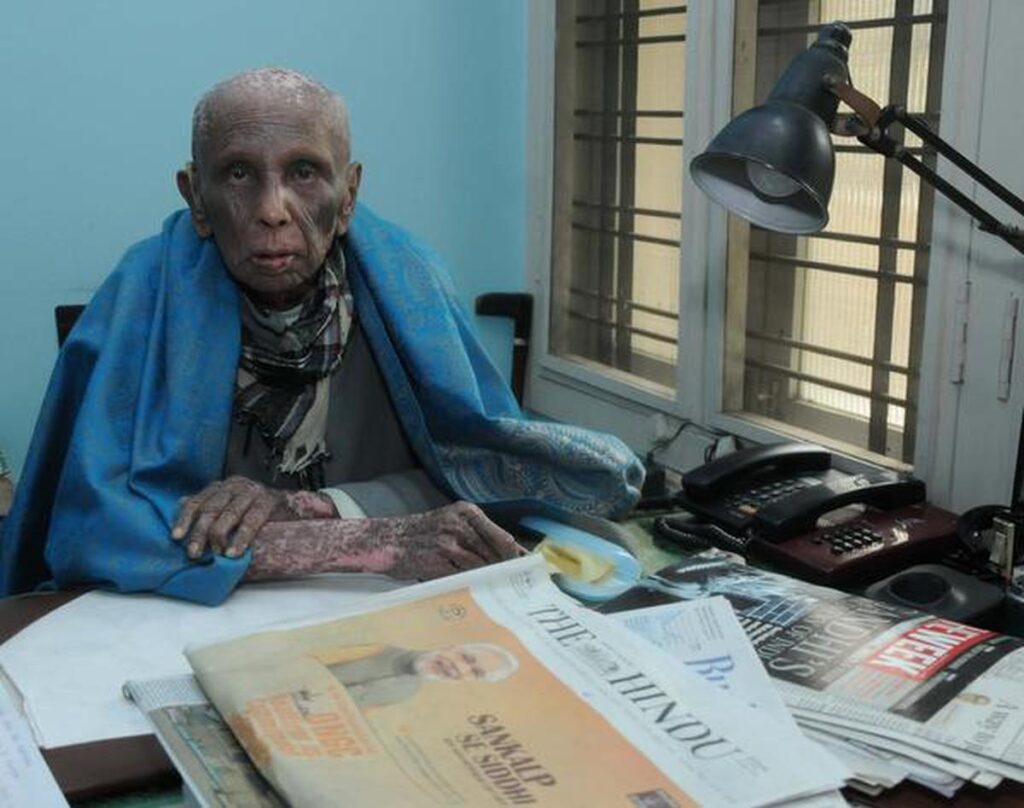Rehan Khan
Justice KS Puttaswamy, a former judge of the Karnataka High Court and an iconic figure in India’s legal history, passed away on Monday at the age of 98 at his residence in Bengaluru. His legacy is deeply etched in Indian jurisprudence, particularly through his instrumental role in advancing the right to privacy.
Justice Puttaswamy’s legal journey began in 1952 when he enrolled as an advocate, dedicating over three decades to the field of law. In November 1977, he was appointed as a judge of the Karnataka High Court, where he served until 1986. Post-retirement, he continued his legal contributions as the vice chairperson of the Central Administrative Tribunal’s Bengaluru Bench, further advocating for administrative justice.
However, Justice Puttaswamy’s most prominent role emerged in 2012 when he filed a writ petition before the Supreme Court, challenging the constitutional validity of the Aadhaar scheme on grounds of privacy infringement. His petition led to a landmark judgment in Indian legal history: the KS Puttaswamy v. Union of India (2017) case, which resulted in a unanimous Supreme Court decision affirming the right to privacy as a fundamental right under the Indian Constitution.
Highlights and Importance of the KS Puttaswamy Judgment
The KS Puttaswamy judgment, often hailed as a historic milestone, laid down the following significant principles:
- Right to Privacy as a Fundamental Right: The Supreme Court’s ruling in 2017 established that privacy is a fundamental right under Article 21, which guarantees the right to life and personal liberty. This decision expanded the scope of personal rights in India, fundamentally shaping individual freedoms.
- Impact on Government Policies and Data Privacy: The judgment imposed limits on the extent to which the state could intrude upon citizens’ privacy. It underscored that state actions, especially in surveillance and data collection, must be justified with legitimate concerns and follow proportionality principles. This ruling consequently influenced later laws on data privacy and the usage of personal data.
- Influence on Aadhaar and Digital Privacy: While the Court did not strike down the Aadhaar scheme, it imposed certain limitations to protect citizens’ privacy. Aadhaar was made optional for many services, and stringent conditions were applied to restrict its use, especially in cases where fundamental rights were concerned.
Justice KS Puttaswamy’s contribution in initiating this debate marked a crucial evolution in India’s judicial landscape, as the right to privacy now plays a foundational role in safeguarding citizens against unwarranted intrusions. His commitment to justice and civil liberties leaves an enduring legacy that continues to guide privacy laws and policies in India.

